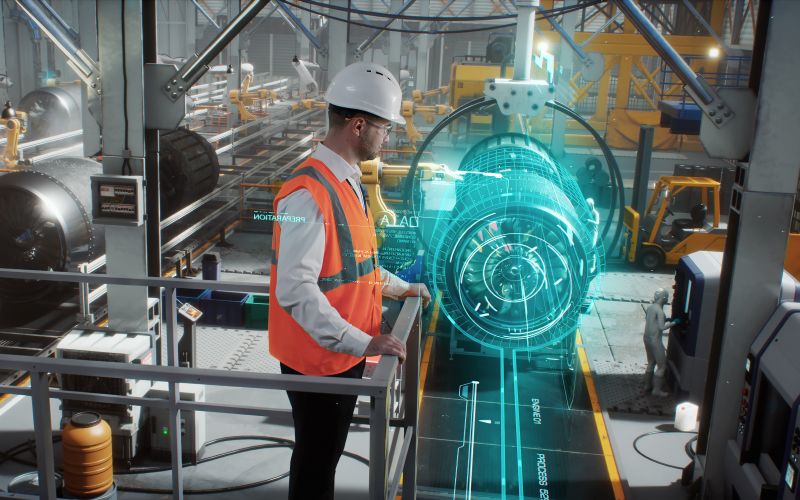As we stand on the brink of a digital revolution, two key areas stand out, poised to transform in unimaginable ways – education and commerce. This transformation is being driven by a powerful force, the Metaverse. The Metaverse, a confluence of virtual reality (VR), augmented reality (AR), and the internet, presents boundless possibilities, particularly in immersive learning and commerce.
Immersive Learning in the Metaverse
Immersive learning has the potential to redefine educational experiences, bringing a revolutionary twist to traditional learning methods. VR classrooms, for instance, can replicate physical learning environments, enabling interactive and collaborative experiences that aren’t bound by geography. Students can visit ancient civilizations, explore the human body from the inside, or even walk on the surface of Mars – all from their classroom.
Educational games in the Metaverse further boost engagement and retention, making learning interactive and enjoyable. Complex subjects can be simplified using 3D models and simulations, leading to improved understanding and recall.
AR learning modules bring an added layer to textbooks, transforming static pages into interactive, 3D content. By visually presenting complex concepts, AR modules can make learning engaging, practical, and intuitive.

Immersive Commerce in the Metaverse
Moving beyond education, the Metaverse is redefining commerce as well. Traditional e-commerce is getting a face-lift with AR and VR technologies, allowing consumers to virtually try products before purchase, enhancing shopping experiences and boosting customer satisfaction.
Immersive commerce provides consumers with a 360-degree view of products, detailed product demonstrations, and a personalized shopping experience. This approach can significantly impact customer buying decisions, bringing real-world buying experiences to the virtual sphere.
The integration of blockchain and NFTs into this space adds a new dimension to commerce. Blockchain-based verification systems can establish product authenticity, while NFTs can transform digital asset ownership and transactions, setting the stage for a new era of e-commerce.
In conclusion, the Metaverse is more than a buzzword; it’s a paradigm shift, opening new avenues in education and commerce. As we navigate through the digital age, immersive learning and commerce will become crucial elements of our lives. Businesses that can leverage these technologies stand to not only lead their industries but redefine them.
